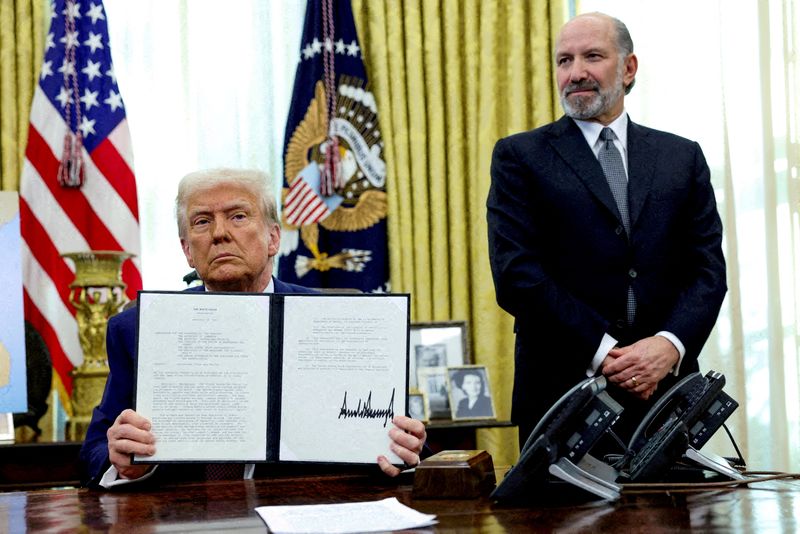Cross-sectional momentum is an investment strategy that involves ranking and selecting assets based on their past performance relative to their peers. Unlike time-series momentum, which looks at an individual asset’s past performance in isolation, cross-sectional momentum compares multiple assets to each other. Investors buy the top-performing assets and sell the underperformers, capitalizing on the persistence of trends within the market. This strategy exploits the tendency of winners to continue winning and losers to keep losing over medium-term periods, typically ranging from three to twelve months.
Reference [1] examines the profitability of cross-sectional momentum strategy over the past decades and concludes that its profitability has diminished. The author subsequently proposes an approach to enhance the strategy’s returns,
In my exploration of momentum portfolio strategies, I demonstrated that it is possible to enhance both the Sharpe ratio and abnormal returns, for example through the Crash-WML (CWML) approach. This strategy significantly mitigates momentum crashes, showcasing resilience in periods of market downturns. Also, I discovered that how one calculates portfolios—whether equal weighted or value weighted, or volatility scaled—results in different sensitivities to financial factors, influencing Sharpe ratios, alphas, and skewness distinctly. I tried to do a good job documenting the process of how I constructed my portfolios which is not always present in the literature.
In short, by applying techniques such as volatility scaling and adjusting long and short positions based on the market state we can significantly enhance the efficacy of the momentum strategy, restoring its former robustness.
This study is another contribution to a growing body of research examining how to use volatility to size positions in an investment portfolio.
Let us know what you think in the comments below or in the discussion forum.
References
[1] Pyry Pohjantähti, Revisiting (Revitalizing) Momentum, 2024, Aalto University School of Business
Further questions
What's your question? Ask it in the discussion forum
Have an answer to the questions below? Post it here or in the forum



